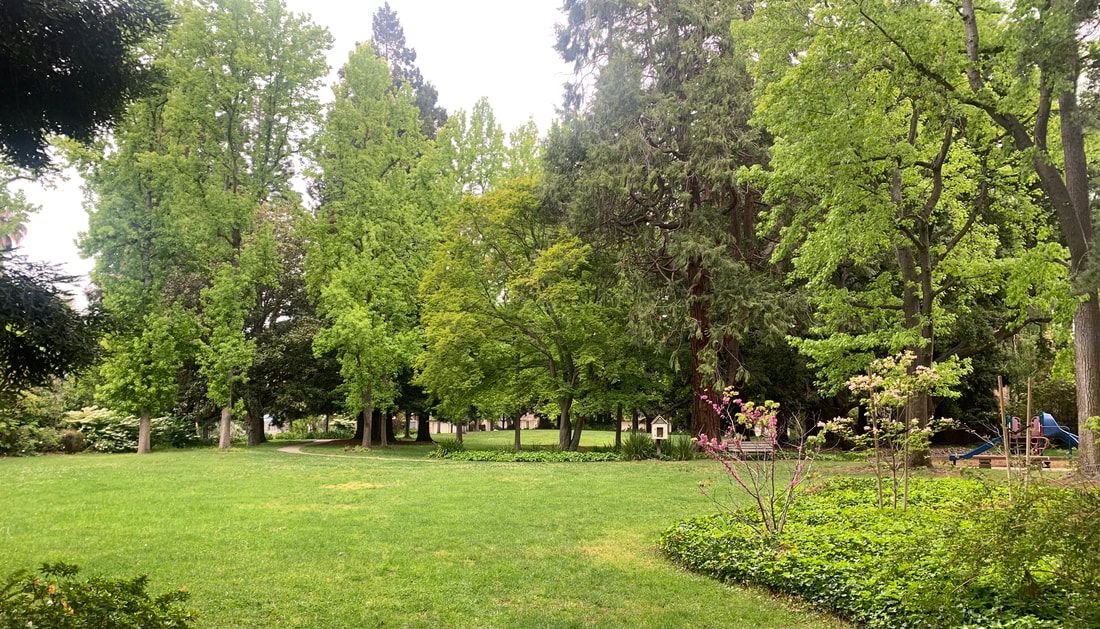Welcome to Kentfield Commons Parents Page. This is a private site for parents living in Kentfield Commons. This site is used to share information, projects, and events that are of interest to families in the neighborhood. All parents, including both renters and owners, are welcome.
2023 Update: Kentfieldcommons.com has always been a privately owned website managed by volunteers. Since the HOA has indicated that it would like to own and and operate its own website, we have pivoted to focusing this site on topics that are of interest to families and children in the neighborhood. This site is now managed by a small group of parents.
Please note: This is website is not affiliated with the Kentfield Commons HOA. Members looking for HOA information should visit the HOA's portal or website and contact the Association Managers and board members. We share archived documents and forms that used to be on this website with the Association and its current volunteers.
Please note: This is website is not affiliated with the Kentfield Commons HOA. Members looking for HOA information should visit the HOA's portal or website and contact the Association Managers and board members. We share archived documents and forms that used to be on this website with the Association and its current volunteers.
